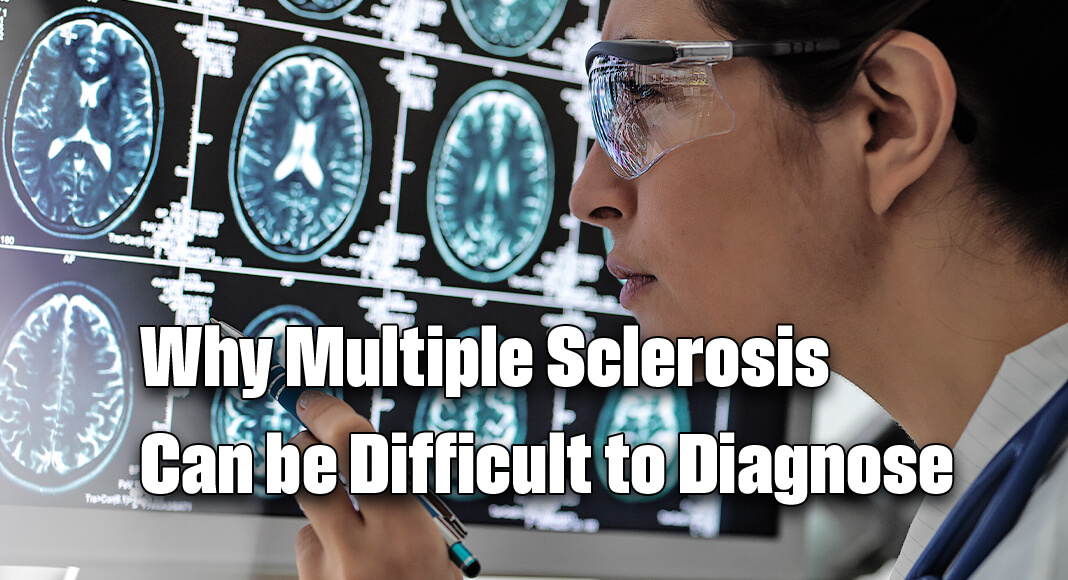
Mega Doctor News
CLEVELAND CLINIC – Reports show nearly one million people in the United States have multiple sclerosis (MS).
For those unfamiliar, the disease affects the central nervous system.
It can also be difficult to diagnose.
However, Daniel Ontaneda, MD, PhD, neurologist with Cleveland Clinic is hoping to change that.
“Getting the diagnosis of MS right early is very important, and we have had an evolution of criteria – that is we have a set of rules of how we make a diagnosis of MS. And what we have tried to do over the years is enable us to make a diagnosis earlier and earlier, so that we can start patients on treatment also earlier, which will enable ultimately better outcomes for our patients.”
Dr. Ontaneda is one of the researchers involved with recently updating the international diagnostic criteria for multiple sclerosis.
He said the updates include more of a focus on relying on certain biomarkers, which they believe will help with early diagnosis and also making a more accurate diagnosis.
Reports show MS is misdiagnosed in about 20% of people.
Dr. Ontaneda said that’s likely because physicians were allowed to make a diagnosis based off just clinical exams and patient history.
However, that’s no longer the case.
“Now you need some, what we call paraclinical evidence, that is evidence on an MRI, or let’s say on a SEP test, or an electrical test, to demonstrate that a person has features of multiple sclerosis,” he said.
There is no cure for multiple sclerosis.
However, there are treatment options available to help manage symptoms and slow its progression.








